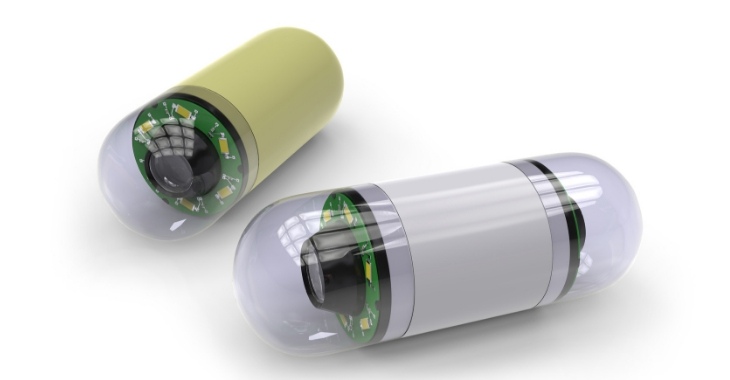Benefits of a Wireless Capsule Endoscopy

Imaging is a crucial part of medical diagnosis and treatment. Physicians and surgeons use various imaging options to see inside of the body to determine the cause of illness and identify the location of issues. One of the more advanced options for imaging for gastrologists is a wireless capsule endoscopy, which offers many benefits to specialists and their patients.
What is a Wireless Capsule Endoscopy?
With a wireless capsule endoscopy, a small wireless camera is swallowed in the form of a capsule. This advanced technology is a safe and effective option to take images inside the digestive system. The camera sends images back to receivers to be reviewed by the physician.
Advantages of Capsule Endoscopy
To pinpoint certain digestive issues like small bowel bleeding, wireless capsule endoscopy has many advantages. These small issues can be difficult to find using traditional imaging devices. The small camera used can take several images per second, giving gastrologists a close-up views of the inside of the bowels. This advanced method of imaging is vital to finding small bleeds and other issues inside the bowels that would difficult or impossible to see on an external MRI or ultrasound imaging device.
Using a capsule endoscopy can help identify gastrological issues quicker to begin treatment. In the past, this technology was not available, delaying diagnosis and treatment. This procedure can help those with abdominal pain and other issues find the source of their symptoms and get the treatment they need.
If you have abdominal pain that cause been difficult to diagnose, a wireless capsule endoscopy may be recommended to find the source of your pain. Contact an experienced gastrologist that offers wireless capsule endoscopy for an accurate diagnosis and treatment.
The information provided on this website, including text, graphics, images, and other materials, is intended solely for informational purposes and should not be used as a substitute for professional medical advice, diagnosis, or treatment.


)